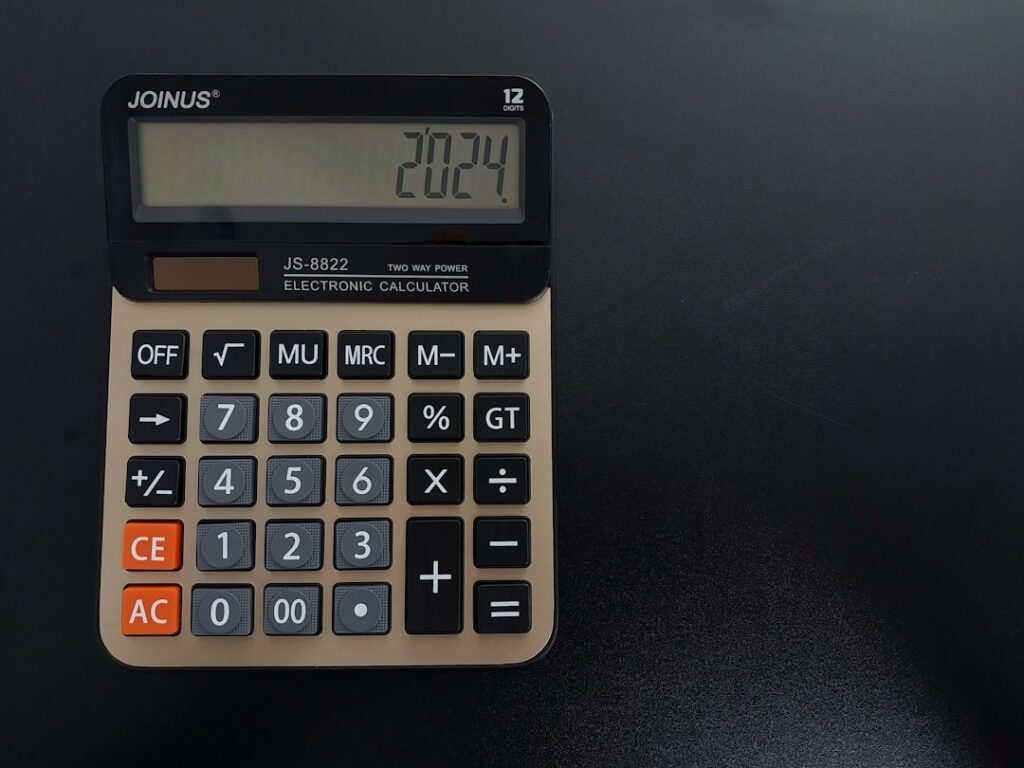For those who lost their jobs due to circumstances beyond their control, the Employment Development Department (EDD) offers financial support. The help provided by unemployment insurance benefits is intended to help people meet their financial obligations while they look for new job opportunities. Part of the person’s lost wages is to be replaced by EDD payments, which are normally made every week. Payroll taxes paid by employers finance these benefits, which are intended to give the recipient short-term financial assistance while they look for new work. People must actively look for work while receiving benefits and meet specific eligibility requirements in order to be eligible for EDD payments.
Earnings during a base period—typically the first four of the last five completed calendar quarters before the individual’s initial claim for benefits—determine how much an individual is eligible to receive in EDD payments. For people who are new to the unemployment insurance system, it is essential to comprehend how EDD payments are determined & what variables may affect the total amount of benefits received. The EDD has specific requirements that people must fulfill in order to qualify for benefits. In general, candidates must be able & willing to work, have lost their job due to no fault of their own, & be actively looking for new opportunities. People must also have worked for a minimum wage during their base period and not have turned down offers of employment when they were offered, nor denied offers of employment when they were.”.
Benefits from EDD may also be available to self-employed people or those who have worked as independent contractors in specific situations. To ascertain whether they are eligible for benefits, people should carefully review the eligibility requirements outlined by the EDD. In certain situations, people might be initially refused benefits, but they might have the chance to challenge the ruling and submit more evidence to back up their assertion. People can navigate the EDD system & make sure they get the financial assistance they are entitled to by being aware of the eligibility requirements and the appeals procedure. A person’s eligibility for EDD payments is determined by the amount they made during a predetermined base period.
Usually, the first four of the last five completed calendar quarters before the person filed their first claim for benefits constitute the base period. The person’s weekly benefit amount is determined during this time by taking into account their earnings from employment. People should be aware of how their base period wages are determined and how this affects the quantity of benefits they will be eligible for.
The EDD examines the worker’s earnings from each employer over the base period in order to determine base period wages. This covers pay in the form of commissions, tips, bonuses, and wages, among other types. Based on the individual’s highest quarter earnings during the base period, the EDD then applies a formula to calculate the weekly benefit amount.
People can estimate how much in benefits they might be eligible for and adjust their financial plans by knowing how base period wages are determined. The EDD uses the information obtained from the calculation of an individual’s base period wages to determine the amount of benefits that person will receive each week. The amount of money a person is eligible to receive each week while unemployed & actively looking for work is known as the weekly benefit amount. Up to a state-set maximum, this sum is determined as a percentage of the person’s highest quarter’s earnings during the base period. While receiving EDD payments, people can better manage their finances if they are aware of how the weekly benefit amount is determined.
People should be informed about the state’s maximum benefit amount as well as how their base period earnings will affect the total amount of benefits they receive. People can make more informed budgetary decisions and manage their money more skillfully while unemployed if they are aware of how their weekly benefit amount is calculated. A person’s actual weekly benefit amount may vary despite their eligibility for a particular amount due to various deductions and adjustments.
One possibility is that people’s EDD payments could have federal income tax withheld from them, which would lower their weekly payout. Also, benefits may be completely or significantly reduced for those who receive other sources of income while receiving EDD payments. Comprehending the possible deductions & modifications to EDD payments can assist individuals in making appropriate financial plans. People can make educated budgetary decisions and guarantee they can meet their financial obligations during their unemployment by being aware of possible reductions in their benefits. People should make sure to thoroughly check any deductions or modifications to their EDD payments, and if necessary, they should consult a tax expert for advice. According to state law, the length of EDD payments is normally constrained to a specific number of weeks.
The maximum duration of benefits that a person can receive is typically 26 weeks, though this can change based on their unique situation and state laws. Comprehending the possible length of EDD disbursements can assist individuals in managing their finances and making well-informed choices regarding their job hunt & financial commitments. People should make plans in accordance with the maximum number of weeks for which they are eligible to receive EDD payments.
To reduce any financial hardship after benefits expire, this may entail making a budget that accounts for the possible length of benefits and actively looking for new job opportunities. People can better plan for the future & make sure they can meet their financial needs while they are unemployed by projecting how long EDD payments will take. After receiving approval for EDD payments, it’s critical for a person to comprehend how their benefits will be distributed and how to use them efficiently. The majority of the time, people will get their EDD payments by a prepaid debit card that the EDD issues or by direct deposit into their bank account. People should carefully consider all of their payment options and select the one that best fits their needs.
Making a budget that accounts for the weekly benefit amount as well as any potential deductions or adjustments is essential to managing EDD payments efficiently. While receiving benefits, people should actively look for new employment opportunities and maintain thorough records of their job search activities, as mandated by the EDD. People may make sure they can pay their bills during their unemployment and make a smooth transition back into the workforce after they find new jobs by managing their EDD payments successfully. In summary, people navigating the unemployment insurance system must have a solid understanding of how EDD payments are computed, how to determine eligibility for benefits, and how to effectively manage payments.
People can plan for the future, manage their money wisely, and make sure they get the supporting services they are entitled to while looking for new job by being aware of these important factors.



